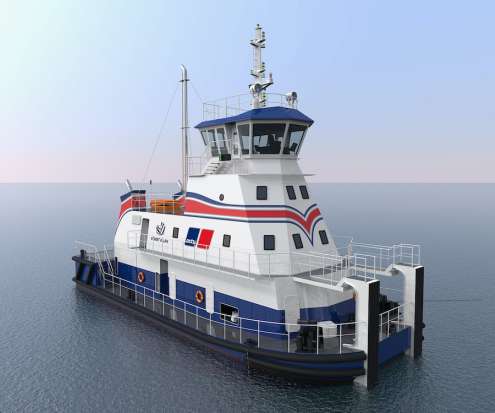Chalmers study finds ship exhaust gas scrubbers responsible for up to 9% of certain hazardous emissions into Baltic Sea
Green Car Congress
OCTOBER 24, 2022
New research from Chalmers University of Technology, Sweden, finds that the discharge water from ships’ exhaust gas treatment systems—i.e., For many years, we’ve flagged the fact that scrubbers account for disproportionately large emissions of hazardous and acidifying substances into the marine environment.



























Let's personalize your content